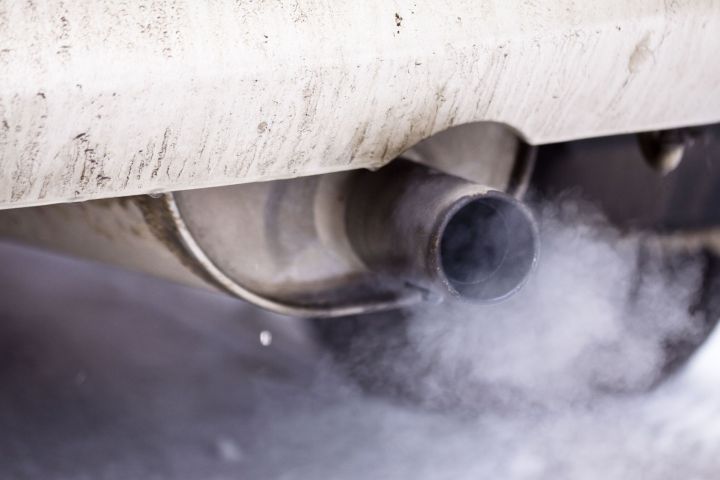
It’s part of a broader initiative to improve air quality in cities and towns across the country, and follows similar announcements in recent months by other European countries. The Netherlands and Norway, for example, plan to phase out sales of such vehicles as early as 2025, while Germany is targeting 2030. France, like the U.K., aims to halt sales by 2040.
It means Brits buying new vehicles after those dates will be looking at electric and hybrid models instead. At the current time, sales of electric vehicles account for about 1.5 percent of total sales in the British car market.
A spokesperson for the British government said in a statement that poor air quality is “the biggest environmental risk to public health in the U.K.,” adding that it’s “determined to take strong action in the shortest time possible.”
A report by the Royal College of Physicians published in 2016 suggested that air pollution causes as many as 40,000 deaths in the U.K. each year.
Besides banning gas and diesel vehicle sales from 2040, the government will also provide regional councils with new funding “to accelerate development of local plans, as part of an ambitious 3 billion British pound (about $4 billion) program to clean up dirty air around our roads,” the spokesperson said.
In a bid to tackle worsening pollution in major urban centers and along the U.K.’s most congested highways, the government wants buses to be retrofitted with pollution control technology, and for busy road junctions to be redesigned to improve the flow of traffic and reduce emissions. A scrappage scheme for old diesel cars may also be introduced.
If changes like these fail to have any impact on pollution levels, the government could give local authorities the power to ban dirty cars at particular times or introduce charges for drivers who use such vehicles.
For some, however, the U.K. government is taking too long to implement its road-related plans to cut levels of air pollution. Greenpeace, for example, told the Guardian that officials were “miles away” from achieving their goal of rapidly reducing air pollution, and that the government must offer “real solutions, not just gimmicks.”
The government’s announcement comes a day after BMW revealed it would build its new electric Mini at its plant near Oxford, beginning in 2019. The support of automakers is of course vital in encouraging drivers to move away from gas and diesel vehicles, with companies such as Volvo having already outlined plans to switch entirely to all-electric and hybrid vehicles from 2019.


